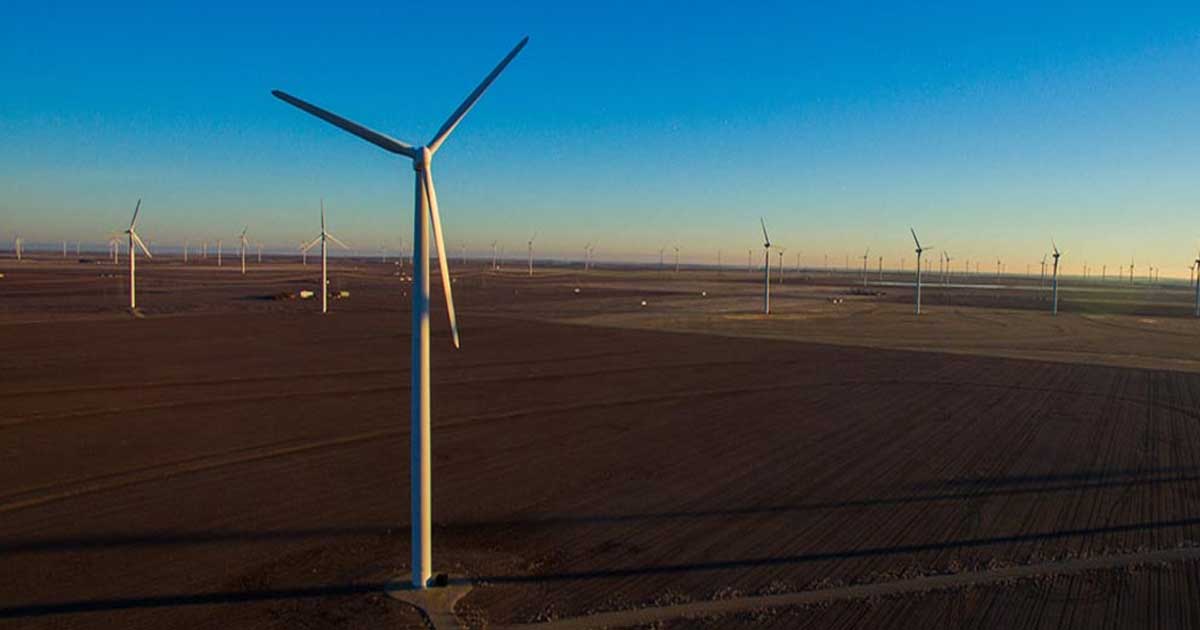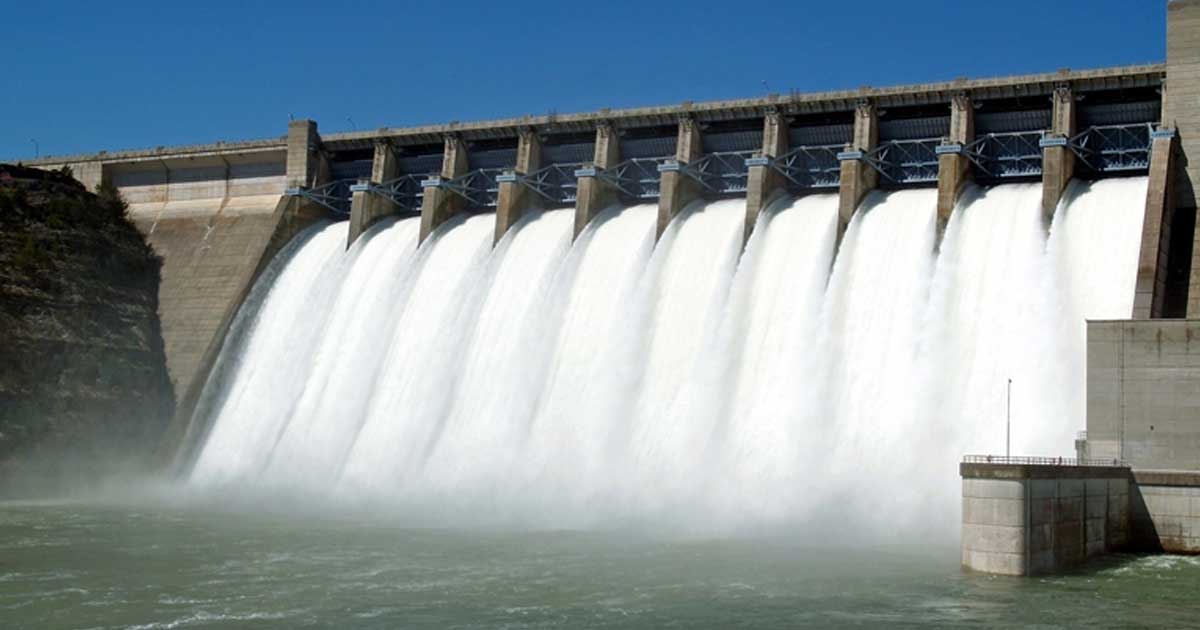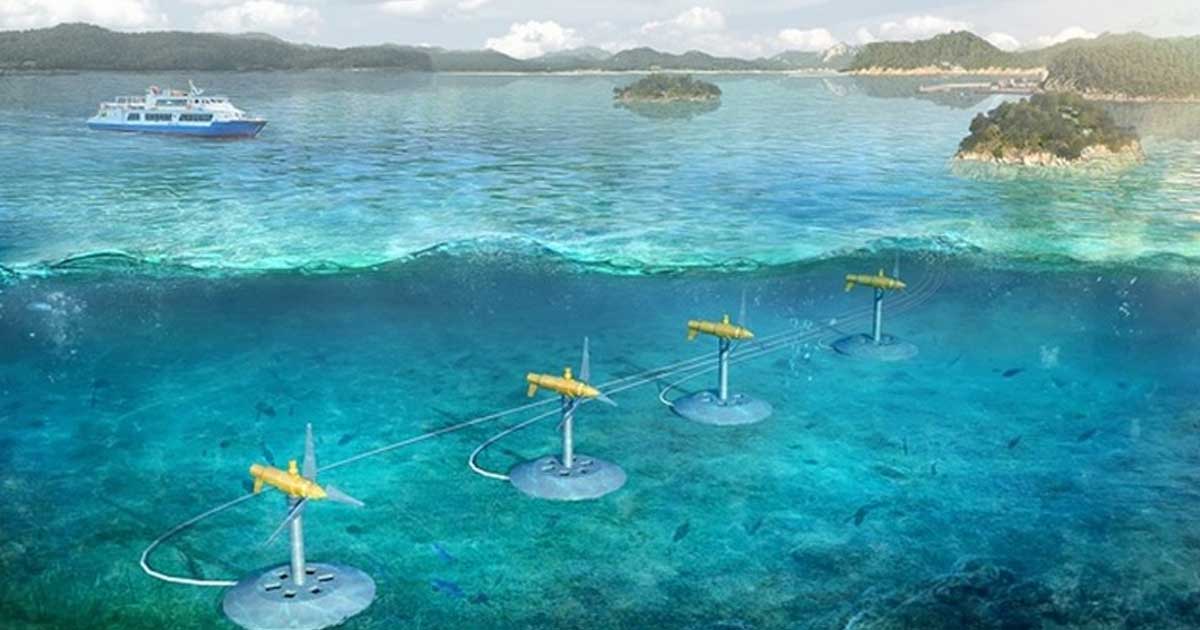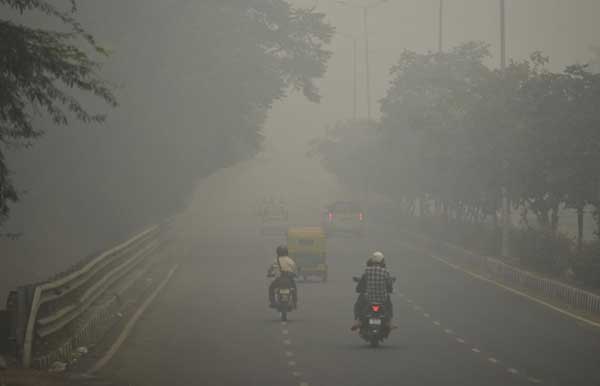A clean energy revolution is taking place across America, underscored by the steady expansion of the U.S. renewable energy sector.
The clean energy industry generates hundreds of billions in economic activity, and is expected to continue to grow rapidly in the coming years. There is tremendous economic opportunity for the countries that invent, manufacture and export clean energy technologies.
Responsible development of all of America′s rich energy resources -- including solar, wind, water, geothermal, bioenergy & nuclear -- will help ensure America′s continued leadership in clean energy. Moving forward, the Energy Department will continue to drive strategic investments in the transition to a cleaner, domestic and more secure energy future.
ENERGY SOURCES
Solar energy is the most abundant energy resource on Earth. It can be captured and used in several ways, and as a renewable energy source, is an important part of our clean energy future.

A fossil fuel is a fuel formed by natural processes, such as anaerobic decomposition of buried dead organisms, containing organic molecules originating in ancient photosynthesis that release energy in combustion.

Wind farms capture the energy of wind flow by using turbines and converting it into electricity. There are several forms of systems used to convert wind energy and each vary.

hydro power is one of the most commercially developed. By building a dam or barrier, a large reservoir can be used to create a controlled flow of water that will drive a turbine, generating electricity.

Tidal power or tidal energy is harnessed by converting energy from tides into useful forms of power, mainly electricity using various methods. Although not yet widely used, tidal energy has the potential for future electricity generation.

Biomass is organic material that comes from plants and animals, and includes crops, waste wood, and trees. When biomass is burned, the chemical energy is released as heat and can generate electricity with a steam turbine.

Related Articles

Union Budget 2021-22: A few welcomes and a major misses at climate and agriculture front
The Union Budget 2021-22 sent mixed signals to environmentalists and climate activists. While some of the government announcements reflect on their larger climate goals but also numerous commitments are given a miss. While agriculture has been the talk of the town recently, the budget fails to inspire faith in the government′s plan of doubling farmers′ income.

Steelflyoverbeda activist talks sustainable mobility
Cities are the economic engines for any state. India has thousands of cities and millions of people are moving into them, year after year in search of opportunities. Livelihood choices in cities are influenced by travel, how long it takes and how much it costs. For women, safe travels take a different meaning: mode of transport dictates which jobs can be taken or not.

Coal Ministry confirms Mahan will not be auctioned!
The Ministry of Coal confirmed in a Right to Information reply that the Mahan coal block will not be auctioned, pursuant to the MoEF′s recommendation that it be kept off

Mahan forests inviolate– No Go for mining says MoEF
India′s most controversial coal mine project may not go ahead, according to government documents acquired by Seasonalverdant through RTI. An Office Memorandum of the Ministry of the Environment Forests and

Go organic, to improve Indian Economy
Consultation on sustainable agro-economy and improving soil health was co-organised by Greenpeace India, Mahila Shramjeebee Mancha, Odisha, and Odisha Shramjeebee Mancha on Tuesday. The discussion aimed to sensitise stakeholders especially farmers and politicians towards the importance of soil health, disadvantages of using chemical fertilisers and proper budget allocation to organic farming.